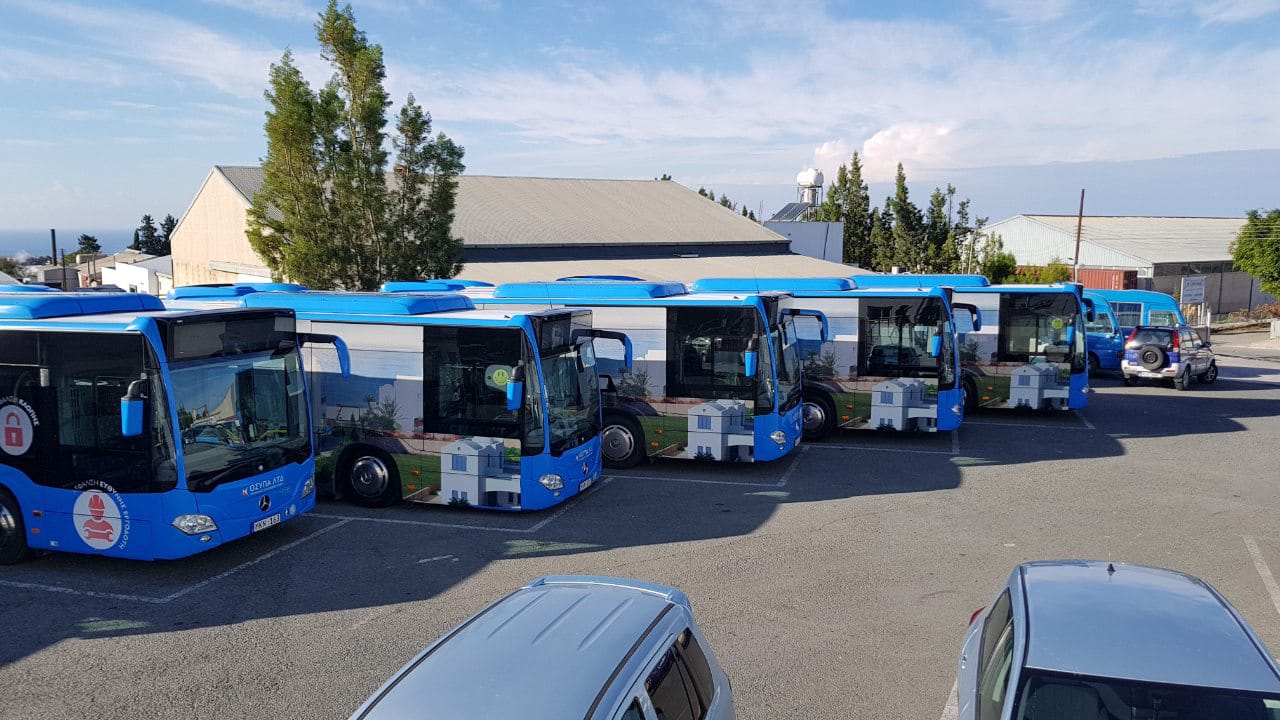There were 3,761 passenger complaints filed across the island’s public transport sector last year – ten a day – compared with 2021 when 2,268 complaints were submitted, it was revealed on Thursday.
The figures, that included the number of complaints in each district plus the Intercity service, were released in a special report by the transport ministry, that also included where reprimands and dismissals were issued in response.
The nature of complaints varied by company, but the main ones related to the behaviour of staff, lack of information, overcrowding, delays, taking shortcuts en route or skipping stops, along with complaints about the state of bus stops and issues with tickets. Tellingly, there were few or no complaints from bus users about the behaviour of other passengers.
The biggest culprits in terms of complaints made against them was the Nicosia bus company (run by Cyprus Public Transport) which clocked in at 2,840, followed by the Larnaca bus company (also run by Cyprus Public Transport) with 314, Intercity with 431 complaints. Limassol company Emel and Paphos’ Osypa had 75 complaints each and the Famagusta company Osea had 26.
In each district, the lion’s share of complaints concerned the behaviour of staff towards passengers, followed by delays, cutting out parts of the routes and skipping stops. There were three complaints of discrimination in 2022, one concerning the Famagusta bus company and two on Intercity buses.
In terms of reaction by the companies, the report showed that a high number of complaints resulted in verbal warnings. In the case of Intercity buses, this went as high as 89 per cent of cases.
In terms of written reprimands, the biggest number were handed out to staff in Paphos in response to over 50 per cent of the complaints. The Famagusta bus company suspended staff in 68 per cent of cases. When it came to dismissals, in Nicosia and Larnaca some 5 per cent of complaints resulted in dismissal, and in Limassol 6 per cent.
The transport ministry said the public submit their complaints to the companies through the telephone, written, electronic and personal communication. In most cases, complaints are made by phone, it said.
The companies record all complaints on a special complaint form, which each company has designed for this purpose. Subsequently, the companies investigate the complaints that have been submitted and take all the necessary corrective actions to resolve them. Finally, they inform the complainant, the ministry said.
In addition to the complaints, the ministry said it was a fact that public transport was still facing problems in terms of accessibility.
A significant number of buses of some contractor companies were still not accessible, it said but added that omissions had already been significantly improved with the implementation of the new agreements and it is expected that the service will become fully accessible within 2023.
The ministry said the bus companies had been told to implement an annual staff training programme on ethics and professional conduct including issues related to training for serving people with reduced mobility.
“Due to the emergency situation created during the period of the Covid-19 pandemic, it was found that some contractors had not complied with this provision and did not carry out staff training programmes on ethics and professional conduct for the years 2021 and 2022,” the ministry said.
It added that it was “seeking to operate a sound public passenger transport system responsive to the needs of society”.






Click here to change your cookie preferences